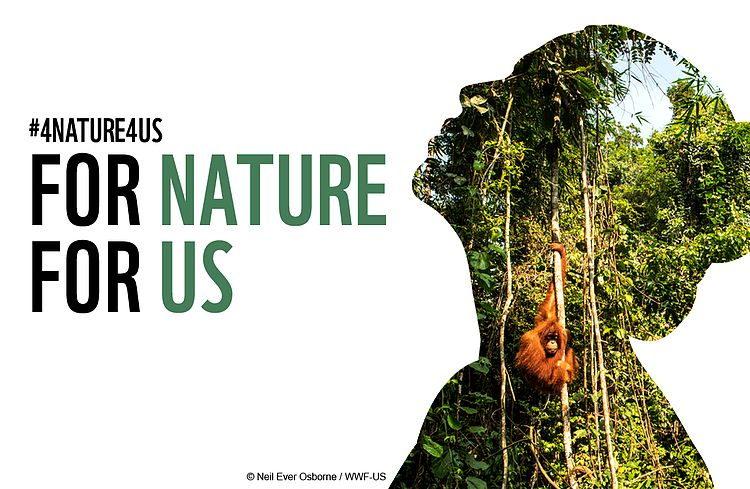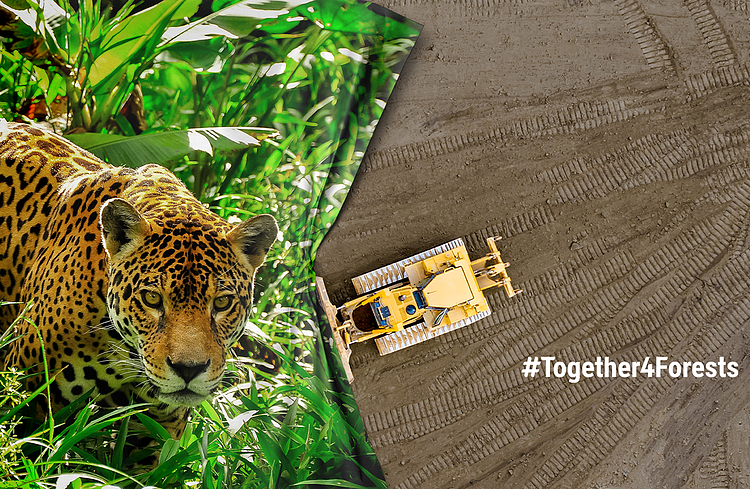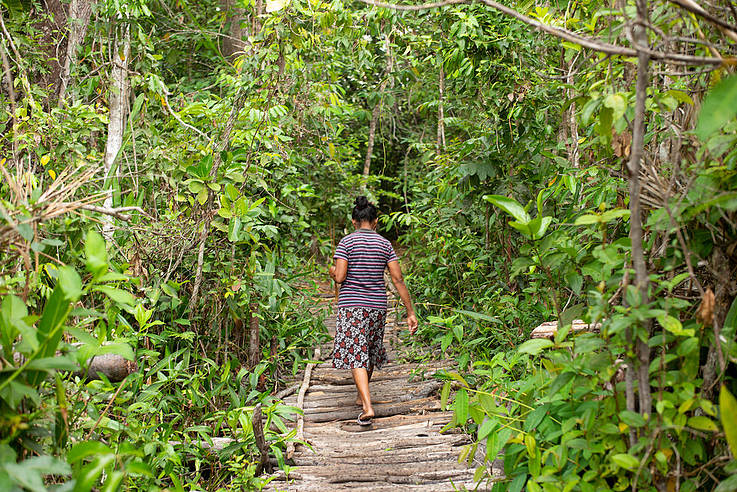The WWF is run at a local level by the following offices...
- WWF Global
- Adria
- Argentina
- Armenia
- AsiaPacific
- Australia
- Austria
- Azerbaijan
- Belgium
- Bhutan
- Bolivia
- Borneo
- Brazil
- Bulgaria
- Cambodia
- Cameroon
- Canada
- Caucasus
- Central African Republic
- Central America
- Central Asia
- Chile
- China
- Colombia
- Croatia
- Democratic Republic of the Congo
- Denmark
- Ecuador
- European Policy Office
- Finland
The world has taken steps to safeguard forests in many ways – from zero-deforestation commitments from businesses and governments, to a variety of policies, laws and initiatives, including REDD+ and emerging landscape and jurisdictional initiatives. The Deforestation Fronts report shows that there is important potential for emerging initiatives and public-private partnerships to achieve impacts at scale, and enhance social inclusion and equity, but ambition needs to be scaled up to tackle deforestation.
One solution cannot fix this problem. Solutions need to be context-specific, take into account the complexities of the deforestation front and involve multiple stakeholders such as national and local governments, businesses, organisations, local communities and indigenous peoples.
We need a range of solutions tackling different causes – for example, payment for ecosystem services, creating deforestation-free supply chains and changing how we produce and consume food.
The most effective way to halt deforestation is to bring together these multiple approaches and tailor them to the specific region and local circumstances. What works in one area may not work for all. It is also important to implement a combination of solutions in ways that can achieve mutually reinforcing effects that benefits people and nature.

Call for a New Deal for Nature and People

Tell the European Union to stop deforestation

Learn more
- Read more about forest solutions that can help stop deforestation and forest degradation.
- See case studies on solutions that can address issues raised in the Deforestation Fronts report.
- Download WWF's brief on the Deforestation Fronts report's implications for policy.
- Follow WWF's Forest Practice on Twitter for latest news and updates.
Sign up for the WWF Forest Practice Newsletter
Sign up here